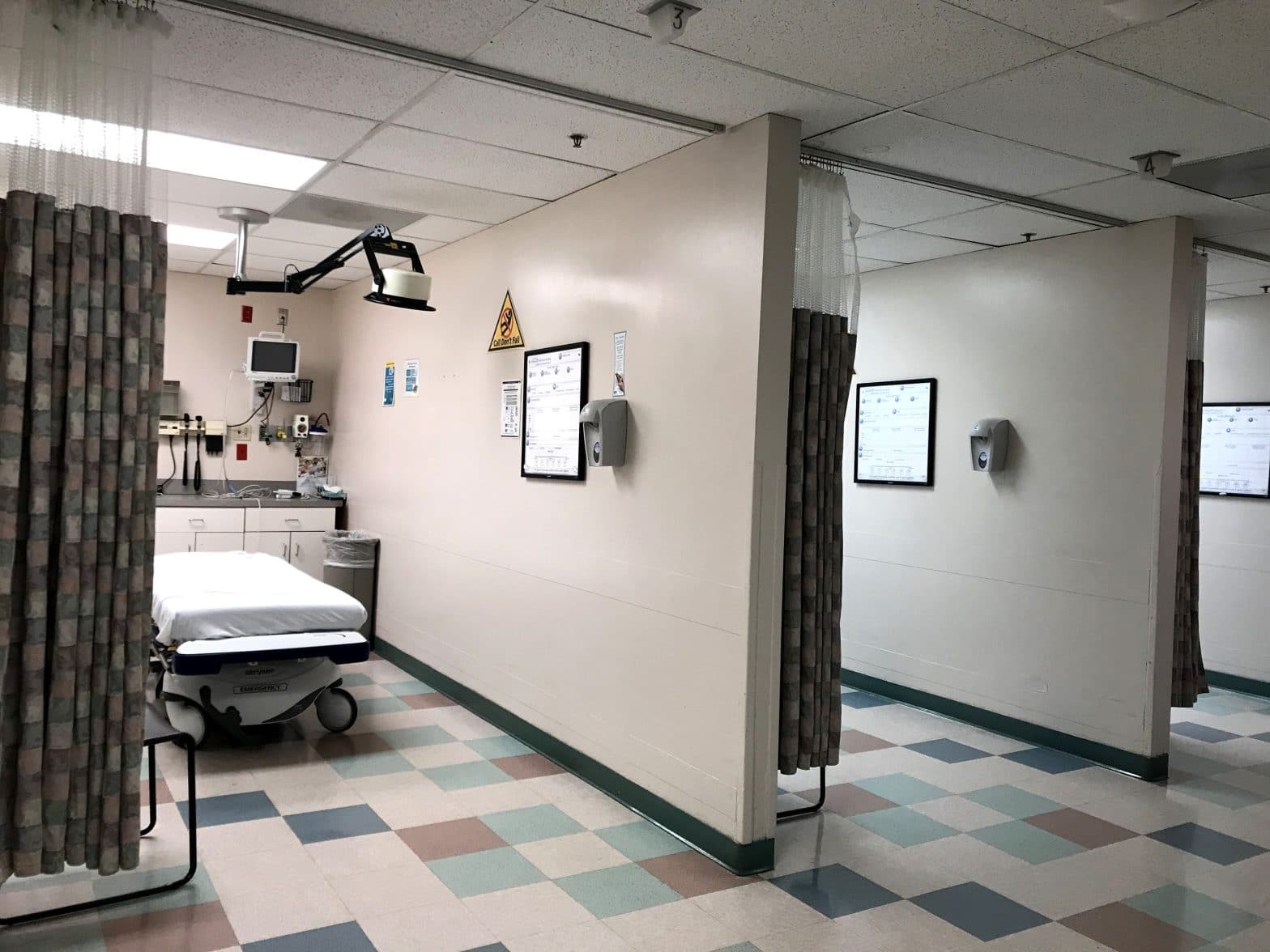Protecting Access to Hospitals Is Crucial for Rural America
COMMENTARY

Maternal health care in rural America is in crisis. Declining birth rates and shrinking populations have played a role, but this crisis is more acute now than ever because of widespread hospital closures in rural areas.
On top of that, the dozens of maternity ward closures happening across the country have left expectant moms to travel farther and farther to access safe delivery services.
Maternal mortality rates have continued to climb, and rural moms are dying at nearly twice the urban rate.
My home state of North Dakota has been hit hardest of all. Nearly 80% of our counties are considered maternity care deserts, and only eight of 53 counties provide the required access to care — the least in the entire country.
People’s lives and our future generations are at stake here.
Many rural hospitals lack the intensive care facilities needed to treat premature babies, which they face on delivery. Access to these facilities is crucial for high-risk pregnancies and is often the deciding factor in infant mortality outcomes. In a country with so many technologies and medical advancements like ours, no mother should have to risk her life in childbirth. We must do better.
During my time as a senator, I worked across the aisle to protect access to maternal health care for rural and tribal communities. I introduced the Rural MOMS Act to support obstetric services in rural communities. But despite the clear need for action, Congress has yet to address this vital issue. Maternal health remains a huge problem in North Dakota and nationwide, and I will continue to advocate for policies that will improve outcomes for mothers everywhere.
Now, Congress is currently considering legislation that would cut billions in payments to hospitals and health systems through a misguided “site-neutral” policy. This proposal will jeopardize hospitals’ ability to serve the most vulnerable patients and reduce access for those needing critical care, such as expecting mothers in maternity care deserts.
Communities, especially those in rural and underserved areas, are already struggling. Rural hospitals struggle to maintain full services, leaving many teetering on the edge of financial ruin. Hospitals are forced to rely on other sources of income to make up for this deficit, and when that’s not enough, they absorb the losses until they can’t afford to stay open.
This reality for rural health care delivery is so challenging that more than 149 rural hospitals have closed or converted to another type of provider since 2010. Hundreds more are financially insolvent and could shut down at any time.
But these hospitals haven’t given up on serving their communities. Since 2000, hospitals have provided nearly $745 billion in uncompensated care — but goodwill alone can’t balance a budget. That’s why hospital closures often take communities by surprise: patients don’t realize just how dire the situation is until it’s already too late.
Proposed site-neutral payment cuts will cause irreparable harm to rural communities. When hospitals are forced to close or convert to a different provider model, patients lose access to critical services in that area. Conversions are better than complete closures, but rural patients still lose out because not all outpatient sites can offer the same full array of services.
Sadly, rural hospitals are often overlooked and ignored in the debate over hospital pricing. To be clear, we shouldn’t stop trying to improve our health system for the millions of Americans who depend on it, but I worry that a one-size-fits-all policy like this will disproportionately harm those who need our help the most.
For these reasons, I urge Congress to reconsider this flawed policy before it is too late.
Washington has ignored the needs of rural Americans for far too long, and our communities are paying the price for it. If we’re going to solve this crisis, we need to take steps to improve access to care — not reduce it.
To protect our most vulnerable patients and preserve their access to essential care, we must protect our most vulnerable hospitals. And for the many rural hospitals struggling to stay open and continue serving their communities, these payment cuts would be devastating.
For rural America to achieve service parity with the rest of the country, it is crucial that we protect these struggling facilities and the countless patients who rely on them.
Heidi Heitkamp, a former Democratic senator from North Dakota (2013-2019), currently serves as director of the University of Chicago’s Institute of Politics. She is also the founder of the One Country Project, an organization dedicated to advancing rural America, and a contributor to ABC and CNBC. She can be reached @HeidiHeitkamp.

























